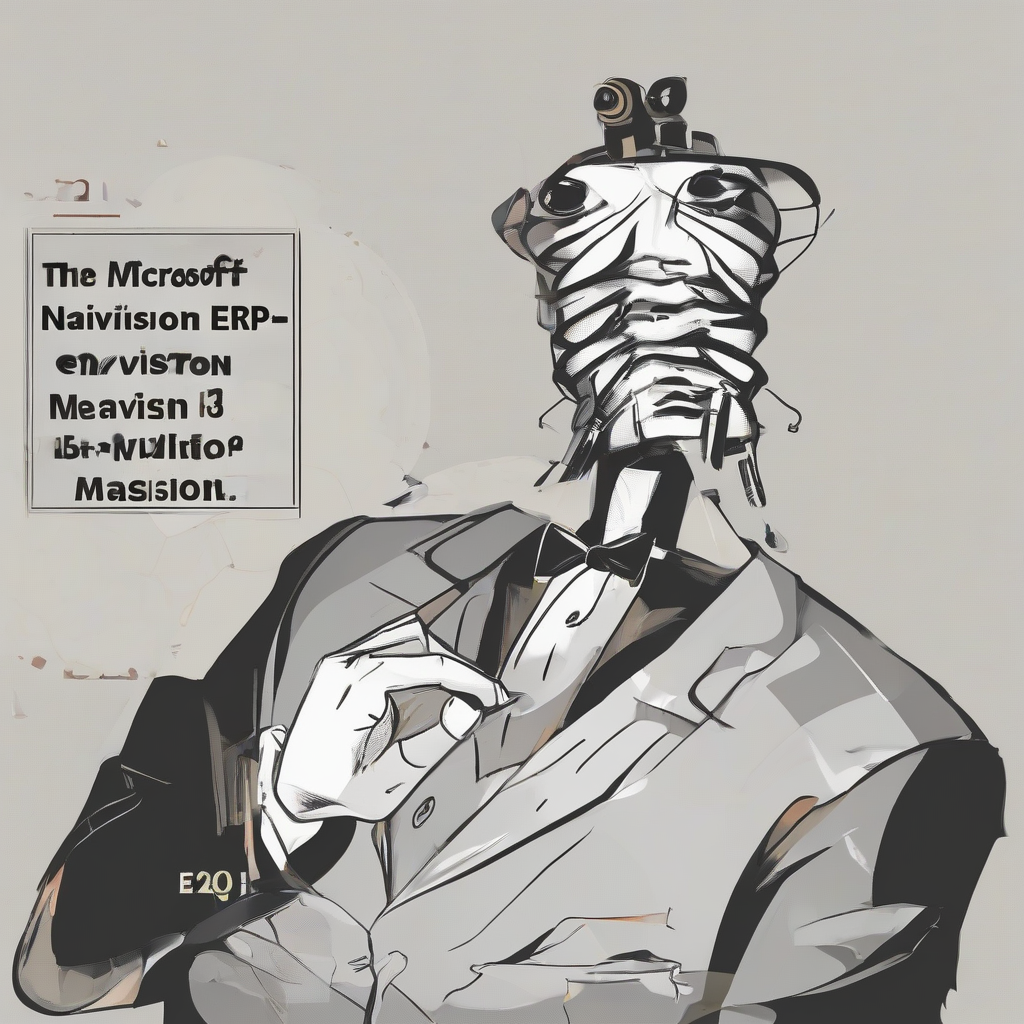Oil & Gas ERP: Streamlining Operations for Enhanced Efficiency and Profitability

Oil & Gas ERP: Streamlining Operations for Enhanced Efficiency and Profitability
The oil and gas industry is a complex and demanding landscape, characterized by its capital-intensive nature, volatile market conditions, and stringent regulatory requirements. To thrive in this environment, oil and gas companies need to optimize their operations, enhance efficiency, and drive profitability. Enterprises Resource Planning (ERP) systems have emerged as a critical tool for achieving these goals, offering a comprehensive solution for managing and integrating various aspects of the business.
Understanding Oil & Gas ERP
Oil and gas ERP systems are specifically designed to address the unique challenges faced by companies in this industry. They provide a centralized platform for managing data and processes across multiple functions, including:
- Upstream operations: Exploration, drilling, production, and well management.
- Midstream operations: Transportation, storage, and processing of crude oil and natural gas.
- Downstream operations: Refining, marketing, and distribution of finished petroleum products.
- Finance: Accounting, budgeting, and financial reporting.
- Human Resources: Payroll, benefits, and employee management.
- Supply Chain Management: Procurement, inventory, and logistics.
- Asset Management: Tracking and maintenance of equipment and infrastructure.
- Regulatory Compliance: Ensuring adherence to environmental and safety regulations.
Benefits of Implementing Oil & Gas ERP
Implementing an oil and gas ERP system offers a range of benefits that can significantly impact a company's operations and financial performance. These benefits include:
- Improved Operational Efficiency: ERP systems streamline workflows, automate processes, and eliminate manual tasks, reducing errors and increasing productivity.
- Enhanced Visibility and Control: Real-time access to data from across the organization provides a comprehensive view of operations, allowing for better decision-making and proactive management.
- Cost Optimization: ERP systems enable companies to identify and eliminate waste, optimize resource allocation, and reduce operational expenses.
- Increased Profitability: By improving efficiency and reducing costs, ERP systems contribute to increased profitability and enhanced return on investment (ROI).
- Better Risk Management: Integrated data and analytics provide a comprehensive view of potential risks, allowing for proactive risk mitigation and improved decision-making.
- Improved Compliance: ERP systems simplify the process of tracking and managing regulatory requirements, reducing the risk of penalties and fines.
- Enhanced Collaboration: ERP systems facilitate seamless communication and collaboration across departments and locations, fostering a more unified and efficient workforce.
- Improved Customer Service: By streamlining processes and improving information flow, ERP systems enable companies to provide better customer service and respond to their needs more effectively.
- Strategic Planning and Decision-Making: ERP systems provide a platform for data-driven decision-making, allowing companies to develop and execute strategic plans more effectively.
Key Features of Oil & Gas ERP Systems
Oil and gas ERP systems are designed with specific features to meet the unique needs of the industry. Some of the key features include:
- Production Management: Managing production volumes, well performance, and reservoir data.
- Inventory Management: Tracking raw materials, finished products, and spare parts.
- Asset Management: Tracking the lifecycle of assets, including maintenance, repairs, and upgrades.
- Supply Chain Management: Managing the flow of materials, from procurement to delivery.
- Financial Management: Budgeting, forecasting, and reporting on financial performance.
- Human Resource Management: Managing payroll, benefits, and employee training.
- Regulatory Compliance: Managing environmental and safety regulations.
- Reporting and Analytics: Generating reports and dashboards to track key performance indicators (KPIs).
- Mobile Accessibility: Providing access to data and functionalities via mobile devices.
- Integration with Third-Party Systems: Seamlessly integrating with existing systems, such as Geographic Information Systems (GIS) and engineering software.
Challenges of Implementing Oil & Gas ERP
While ERP systems offer significant benefits, implementing them in the oil and gas industry comes with its own set of challenges:
- Data Integration: Consolidating data from multiple sources and ensuring data consistency and accuracy can be complex.
- Legacy Systems: Integrating ERP systems with existing legacy systems can be challenging and time-consuming.
- Change Management: Resistance to change from employees and a need to effectively train users on the new system are important considerations.
- Cost of Implementation: Implementing an ERP system can be a significant investment, requiring upfront costs for software, hardware, and consulting services.
- Complexity of the Oil & Gas Industry: The complex nature of the industry requires specialized solutions that can handle the unique challenges and regulations.
- Data Security: Ensuring the security of sensitive data is paramount, especially in an industry where data breaches can be costly and damaging.
Considerations for Choosing an Oil & Gas ERP System
Choosing the right ERP system for your company is a critical decision. Here are some key considerations:
- Industry-Specific Functionality: Ensure the system offers features and capabilities that address the unique needs of the oil and gas industry.
- Scalability: Choose a system that can grow with your business as you expand your operations.
- Integration with Existing Systems: The system should seamlessly integrate with your existing systems, such as accounting, inventory, and asset management software.
- Support and Training: Ensure the vendor provides comprehensive support and training to help you implement and use the system effectively.
- Security: Select a system that meets the highest security standards to protect your sensitive data.
- Vendor Reputation: Choose a reputable vendor with a proven track record of success in the oil and gas industry.
Conclusion
Oil and gas ERP systems offer a powerful tool for streamlining operations, enhancing efficiency, and driving profitability. By implementing a well-suited ERP system, companies can gain a competitive edge, improve their bottom line, and ensure long-term success in this demanding industry.
What's Your Reaction?

















